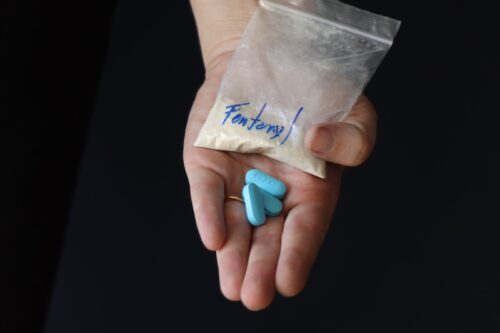Review of Pediatric Bipolar Meds Finds Atypicals Better than Mood Stabilizers
Subject:
BIPOLAR DISORDER
Short Description:
Review of Pediatric Bipolar Meds Finds Atypicals Better than Mood Stabilizers
Background:
Controversies about the diagnosis and treatment of bipolar disorder in children continue to be a stock feature of journals and blogs. Recently, the most comprehensive review and meta-analysis of pediatric bipolar medication options was published—and the results will likely encourage you to prescribe atypical antipsychotics over mood stabilizers. Researchers surveyed both published and unpublished studies over the past 20 years on the treatment of mania in children. They found a total of 46 relevant studies: 29 open-label trials and 17 randomized trials, reporting on 2,666 pediatric patients. To be included, studies must have focused on treatment of bipolar mania (bipolar depression studies were excluded), they had to use DSMIV criteria for bipolar disorder, and they had to use a validated mania rating scale, which was typically the Young Mania Rating Scale (YMRS). This was a large study which used the narrow criteria for bipolar disorder rather than the broad criteria. The studies focused specifically on the treatment of mania. (Of note, the use of the YMRS in children has been criticized.) Here are some of the more clinically relevant findings from the study:
- Mood stabilizers don’t appear to work very well in children and they cause lots of side effects. While some open label studies showed positive results for lithium, the three controlled studies either showed no separation from placebo or had too high a drop-out rate to evaluate. Valproic acid (Depakote) was pretty impressive in open label trials, but of three double blind studies, one found that Depakote was inferior to quetiapine (Seroquel), one showed no separation from placebo, and the third had an unacceptably high dropout rate. Neither oxcarbazepine (Trileptal) nor topiramate (Topamax) have separated from placebo (though we’re talking only one study for each drug). Neither carbamazepine (Tegretol) nor lamotrigine (Lamictal) has been tested in a controlled trial for bipolar children. Of the two, the authors were more impressed with Lamictal because the open label response rate in one study was 54%, higher than what is typically found in open label trials of other anticonvulsants used as monotherapy.
- Second generation antipsychotics (SGAs) have been more extensively studied than mood stabilizers and the results are better. Average YMRS response rates in double-blinded studies of SGAs were relatively high, ranging from a low of 49% for olanzapine (Zyprexa) to 73% for Seroquel. Based on these results, the FDA has approved the following SGAs for manic episodes in youths: aripiprazole (Abilify), risperidone (Risperdal), and Seroquel for ages 10 to 17, and Zyprexa for ages 13 to 17. The two studies reviewed using ziprasidone showed no effect. However, there are downsides to SGAs. As the authors point out, studies have shown that youths are more vulnerable than adults to the SGA-induced side effects of weight gain and somnolence. On the other hand, youths are less likely than adults to experience akathisia. Given the effects of cumulative exposure on tardive dyskinesia, SGAs should be prescribed to young people with caution.
- Very little data on natural treatments are available, with one open-label study of fish oil showed modest benefits and one double-blinded study of flax seed showed no efficacy (Liu HY et al, J Am Acad Child Adolesc Psychiatry 2011;50(8):749–762).
TCPR's Take:
Mood stabilizers do not appear effective for mania and are associated with a lot of side effects. SGAs should be the treatment of first choice for mania in pediatric bipolar disorder, but you need to monitor these children very closely for weight gain and be aware of the length of time a child stays on the medication. None of these studies looked at prevention of manic episodes, so don’t conclude that long term SGA is recommended here. See the December 2010 issue of CCPR for the data on on safety, or lack thereof, of antipsychotics in children. Also, the fact that mood stabilizers are not effective and that SGAs can have sedating effects beyond mania is relevant when considering the ongoing debate over the validity of even “narrow” phenotype PBD.
Newsletters
Please see our Terms and Conditions, Privacy Policy, Subscription Agreement, Use of Cookies, and Hardware/Software Requirements to view our website.
© 2025 Carlat Publishing, LLC and Affiliates, All Rights Reserved.


_-The-Breakthrough-Antipsychotic-That-Could-Change-Everything.jpg?1729528747)



